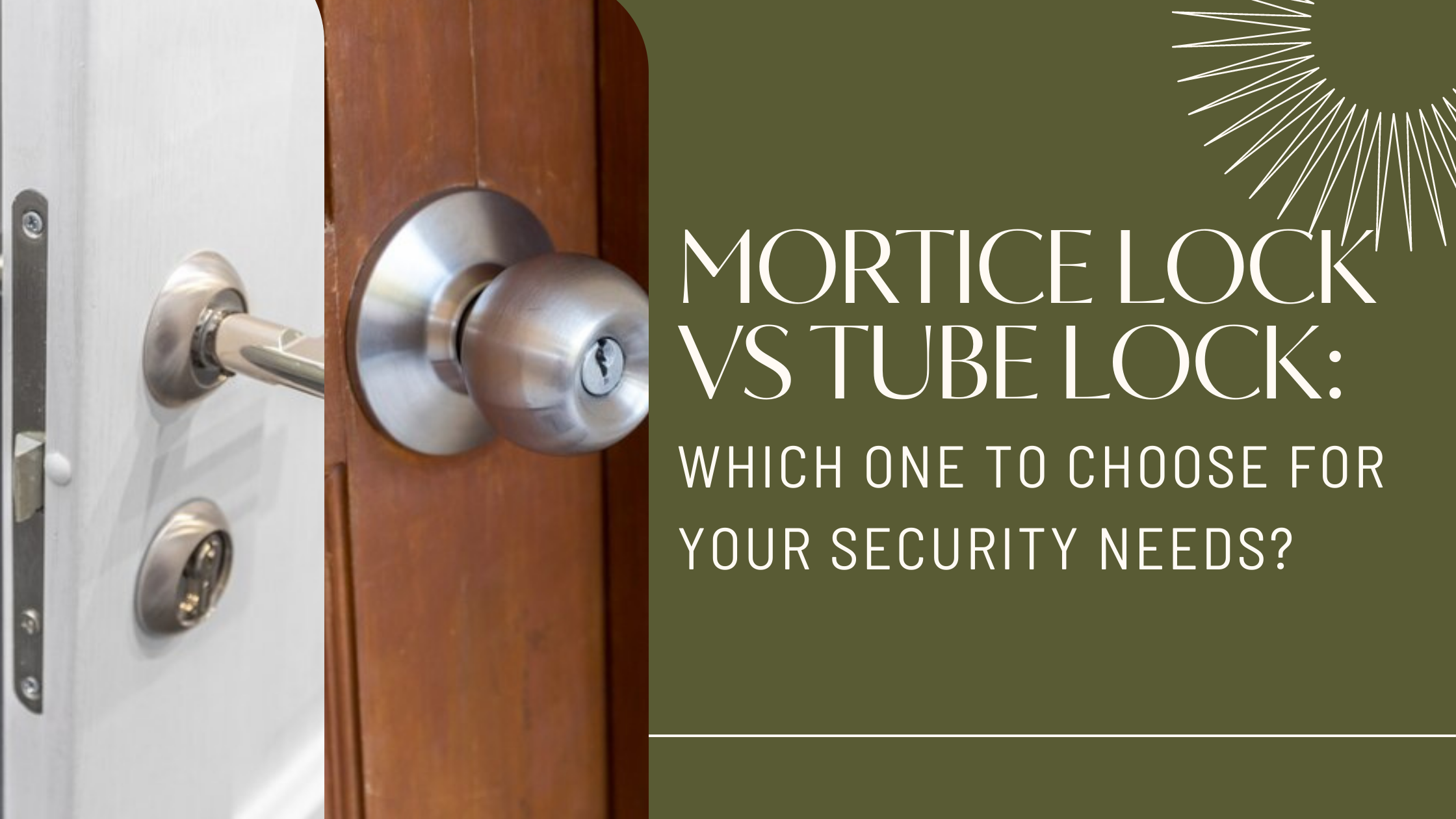Are you considering upgrading to a smart door lock for your home or business but are concerned about your privacy and security?
Smart door locks have revolutionized the way we secure our homes and businesses, but it’s essential to understand how they work and the potential privacy risks involved.
In this guide, we’ll take a closer look at smart door locks and your privacy, so you can make an informed decision before making a purchase.
Table of Contents
ToggleWhat are Smart Door Locks?
Smart door locks are an innovative and convenient way to secure your home or business. Unlike traditional locks, smart door locks use advanced technology to provide enhanced security features such as remote access control, voice activation, and real-time alerts.
Some smart door locks can even integrate with your home automation system, allowing you to control your lock from your smartphone or tablet.
The Benefits of Smart Door Locks
Smart door locks offer many benefits beyond traditional locks, including increased security, convenience, and flexibility. With a smart door lock, you can control who enters your home or business, monitor access in real-time, and receive alerts when someone enters or exits
Smart locks also eliminate the need for keys, making it easier to manage access for multiple people, such as family members, employees, or house guests.
Privacy Risks of Smart Door Locks
While smart door locks offer many benefits, they also come with potential privacy risks. One of the primary concerns is the collection of data by the smart lock and the company that manufactures it. Smart locks collect and store data about who enters and exits your home or business, when they do so, and how they do it.
This data can be accessed by the manufacturer, and in some cases, shared with third parties. It’s essential to carefully read the privacy policy of any smart lock you consider purchasing to understand what data is collected and how it’s used.
How to Protect Your Privacy with Smart Door Locks
To protect your privacy when using a smart door lock, there are several steps you can take. First, choose a reputable manufacturer with a transparent privacy policy. Look for a smart lock that allows you to control what data is collected and shared. Consider enabling two-factor authentication to add an extra layer of security to your account. Finally, keep your smart lock software up to date to ensure you have the latest security patches.
Frequently Asked Questions
Can smart door locks be hacked?
Like any technology, smart door locks can be vulnerable to hacking attempts. However, by following basic security practices such as using strong passwords and keeping your software up to date, you can reduce the risk of a successful hack.
Do smart door locks require an internet connection?
Many smart door locks require an internet connection to work properly. However, some models can work offline, although they may have limited functionality.
Can smart door locks be opened manually?
Yes, most smart door locks have a manual override feature, which allows you to open the lock with a traditional key in case of a power outage or other technical issue.
Conclusion
Smart door locks offer many benefits and can greatly enhance the security and convenience of your home or business. However, it’s essential to understand the potential privacy risks involved and take steps to protect your data.
By following the tips in this guide, you can make an informed decision when choosing a smart door lock and ensure your privacy and security are maintained.




